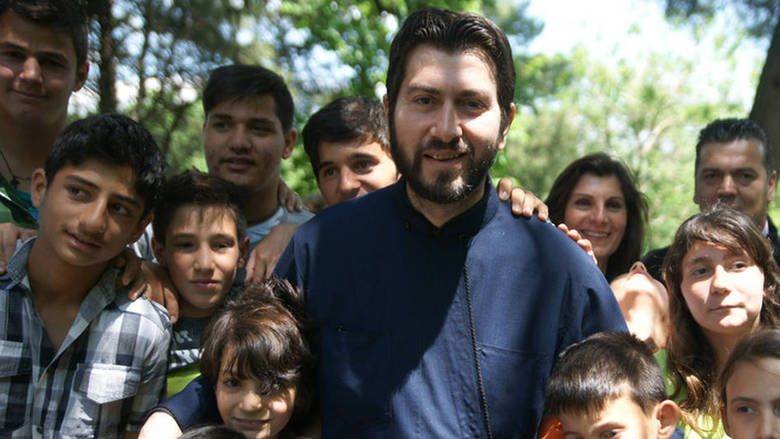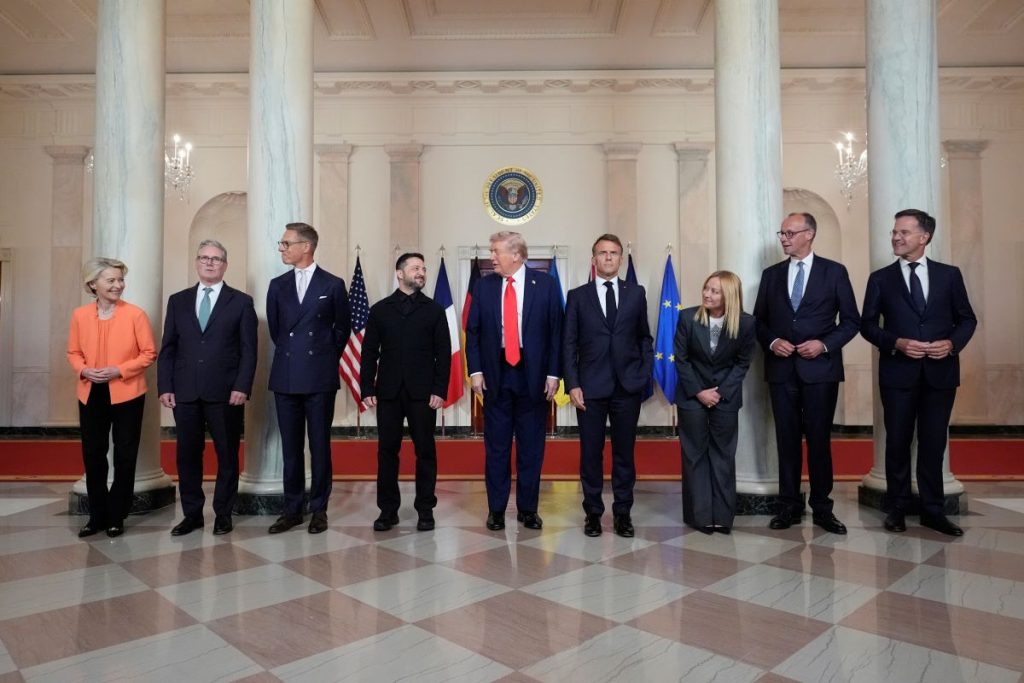There has been of late an ever growing number of incidents of child abuse that have rocked Greek society.
The recently revealed case in the Athens suburb of Sepolia involving the rape, exploitation, and pimping of a 12-year old girl triggered the horror and rage of citizens.
Other similar cases around the country give the impression that our society is decaying very swiftly, trampling over even the most stable values, which are related to the custody and care of children.
Most recently, charges made publicly regarding facilities for the protection of minors and foundations that were beyond suspicion, such as one run by a priest but others as well, which enjoyed publicity and public moral and financial support, have heightened concerns and intensified increasingly pervasive suspicions.
Greek society, though it had some suspicions, is terrified by the extent of the problem and is demanding that the state act.
The phenomenon of sexual abuse, paedophilia, and the exploitation of children in general did not pop up just now, nor is it exclusively Greek.
It has been recorded in the most advanced countries of Europe and America.
Related scandals in the Roman Catholic Church that are infamous have led to protracted, exhaustive, and extremely revealing investigations, that have forced the pope to decry the crimes of priests and bishops and even to humbly apologise.
Moreover, the international press has reported on an extremely large number of incidents of violence against and sexual abuse of children, has interviewed countless victims, and has highlighted the psychological and other wounds that accompany throughout their lives individuals whose hearts have been harmed in their earliest and most sensitive years.
The common conviction among state authorities and experts who evaluate cases of child abuse is that such crimes are perpetrated either in the broader family milieu or in facilities that offer shelter and care for minors, or just religious, athletic, or other activities.
It has been statistically confirmed that in places where there is a concentration of children one finds infiltration by exploiters of their innocent souls.
Over the last years, in Europe and elsewhere, precisely due to the burgeoning number of child abuse cases, there is a trend toward abandoning the idea of facilities and asylums for children.
That is because facilities for asylum and hospitality offer children only traumatic experiences.
Instead, the consensus is that children should be raised exclusively in a family environment, and if that is not feasible to be matched with adoptive families.
Other European countries have adopted extremely strict rules for those who manage facilities for minors and for those who coach children in amateur athletic leagues, or who teach music, theatre, and other arts.
These countries have established specific rules of behaviour for adults who on their own accompany children or adolescents.
For example, a single adult is not allowed to accompany other people’s underage children, or to discuss or arrange anything with them unless more adults are present.
The common conviction is that crimes involving child abuse and sexual exploitation are heinous and unpardonable, and swift and effective state action is mandatory.
The competent deputy minister for welfare and social solidarity, Domna Michailidou, has a track record.
She understands the issue and has the requisite knowledge and sensitivity.
She has a duty to act post haste in order to protect and offer security to the innocent souls of children, so that they will not be irreparably wounded in the earliest years of their lives.
Greece does not have the luxury of delays or postponements.
Α wise popular saying is “Take care of your children as much as your eyes”.
The late famed composer and singer Pavlos Sidiropoulos in a very famous song entitled “One day they will come”, with lyrics by Lefteris Papadopoulos sang: “Keep your mind on the child, defend the child, because if the child makes it, there is hope.”




